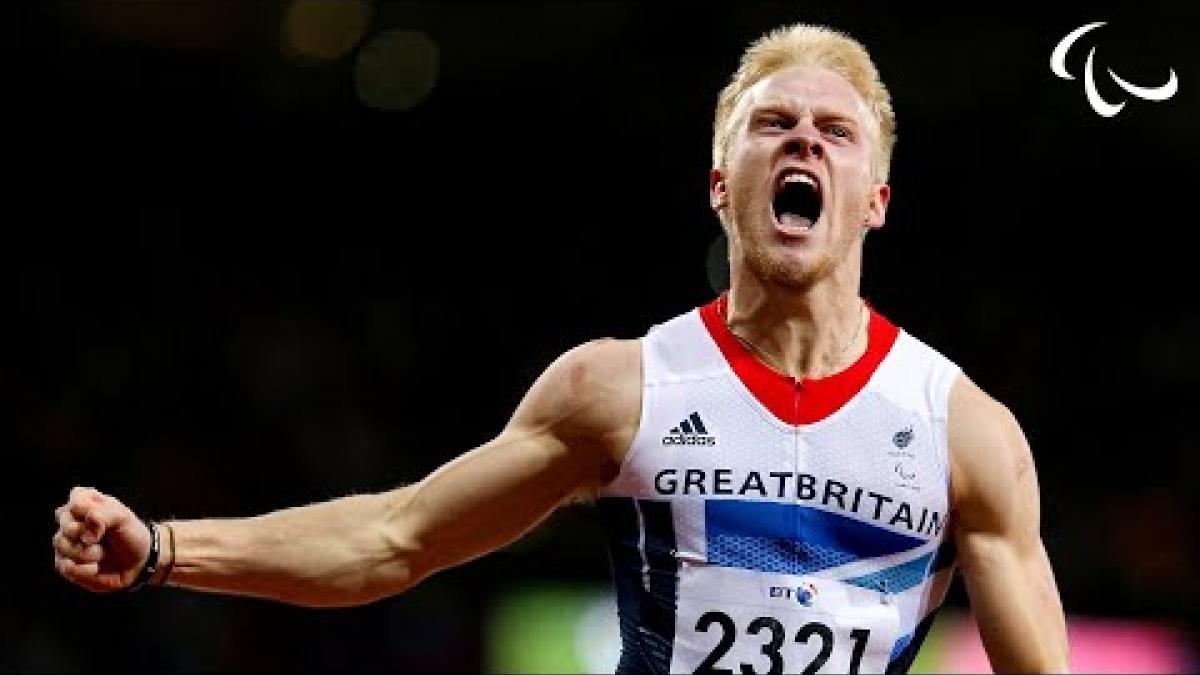Tatyana McFadden speaks on power of inclusion and campaigning for change
"I had to fight to be allowed to train. I was denied the right to run alongside other athletes and I thought 'this is not how it should be'.” 04 Sep 2020USA’s Paralympic multi-medallist Tatyana McFadden's remarkable story from a Russian orphanage to changing US legislation to allow equal opportunities for children with disabilities.
In the second podcast of A Winning Mindset: Lessons from the Paralympics, official podcast of the International Paralympic Committee, in partnership with Allianz, USA’s Paralympic multi-medallist Tatyana McFadden's speaks about her remarkable story from a Russian orphanage to changing US legislation to allow equal opportunities for children with disabilities.
Click on this link for the complete transcript of the podcast.
As well as reliving many Paralympic stories, McFadden talks about how she is driven by a purpose that goes beyond winning medals in her sporting career spanning four summer and one winter Paralympic Games.
"I had to fight to be allowed to train. I was denied the right to run alongside other athletes and I thought 'this is not how it should be'. We're setting the stage of teaching people it's okay to discriminate people with a disability.
“So I wanted to do something about it. So I sued for no money, no damages, but the right for the opportunity to participate in high school sports. It was the hardest battle as a high schooler to go through for four years."
She also talks about why telling the Paralympic story in Netflix’s Rising Phoenix was so important to her, and how they broke new boundaries in film-making by ensure that 16% of the people working on the film had a disability.
“Four years ago in Rio, it was my first time meeting Greg Nugent the Exec Producer, we were talking about the Paralympics and my experiences. We were talking and discussing how people know about the Paralympics but they don't really know-know because it's a story that has never been told.
“And so Greg was like 'it should be a movie' and I said 'yes it should be!' And he said 'well, why don't I just do it?'. It was such magical thinking and four years later, here we are! I met the team two years ago and my role as a producer was to stay true to the whole Movement.”
Listen to the podcast here






